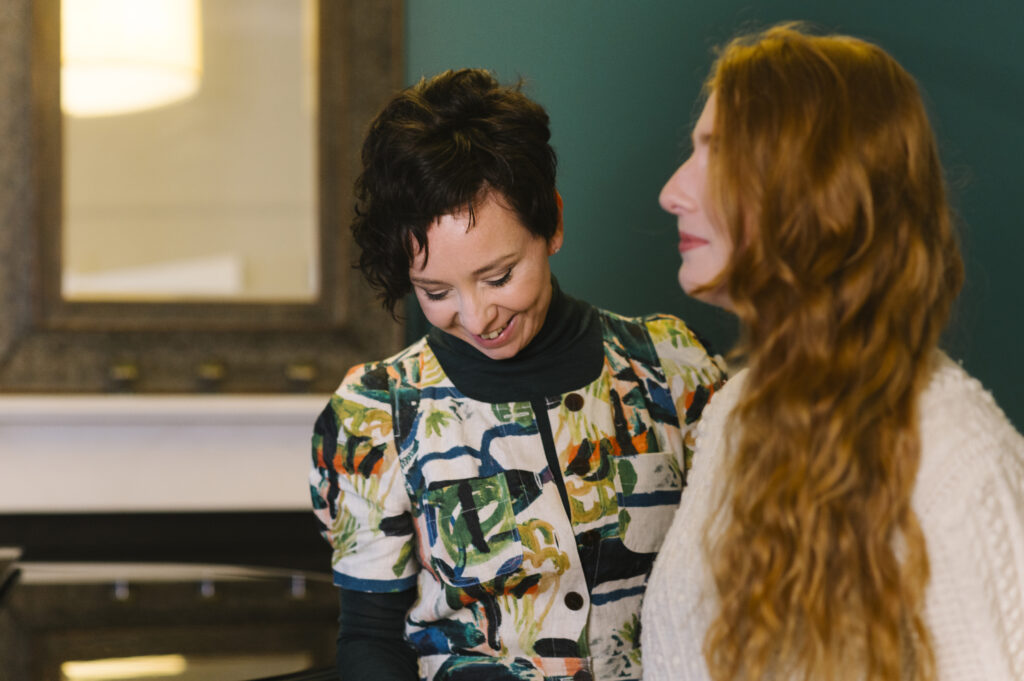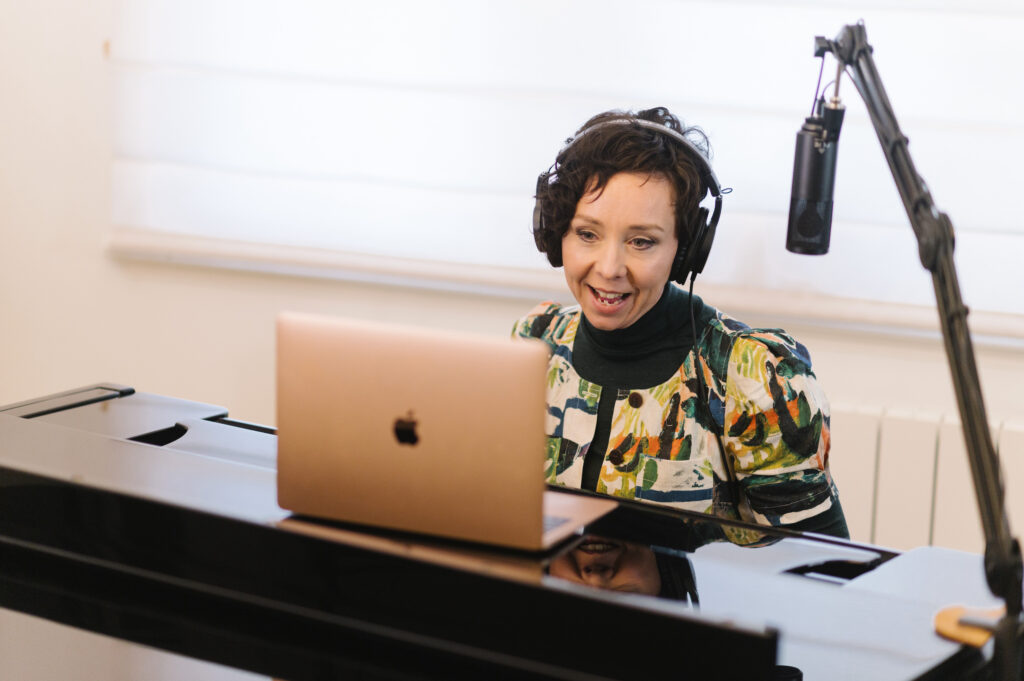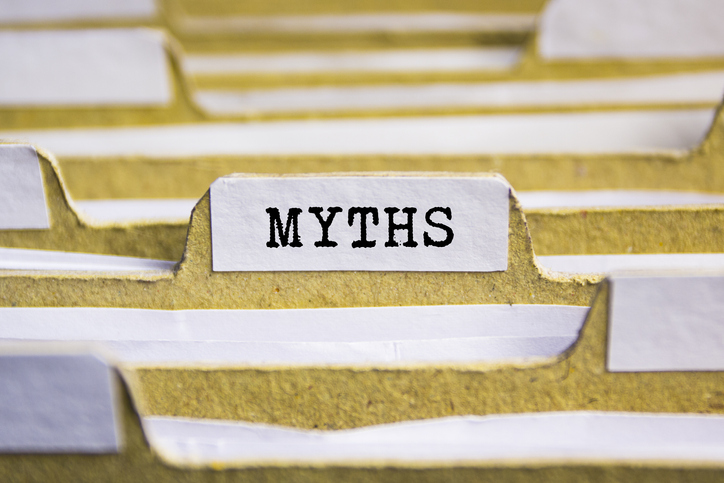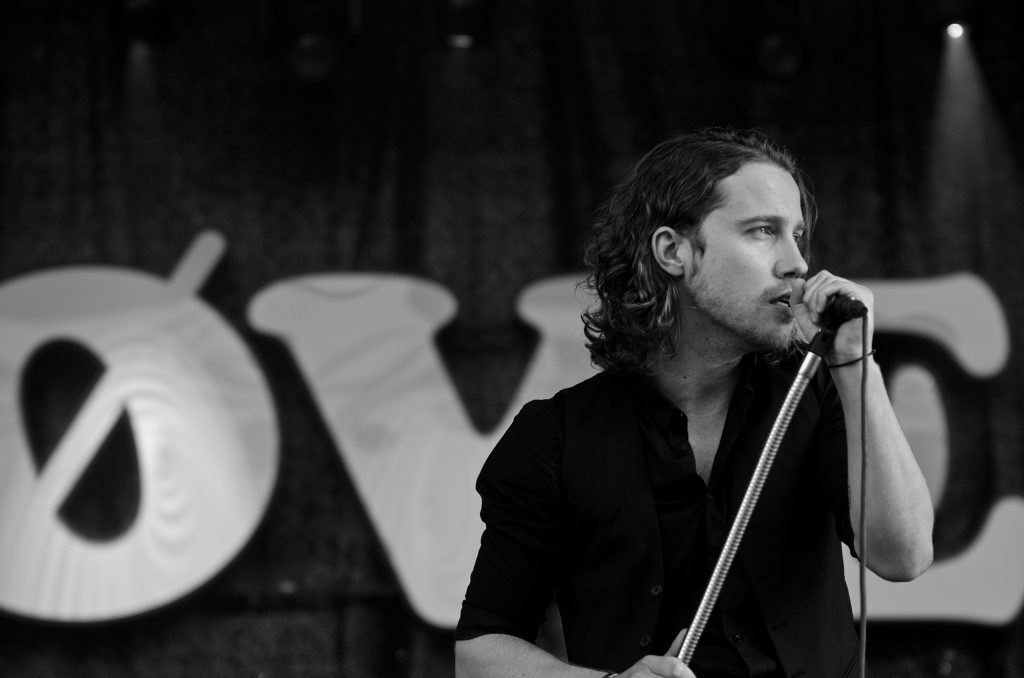Recently I watched a TED Talk on “How to get better at the things you care about”, this wasn’t a talk aimed specifically at those involved in the arts but I thought that the principles were totally relevant to our world. The presenter, Eduardo Briceno suggested that we spend a lot of time living in a “performing” zone. Carrying out tasks that are either mundane, or built on skills that we may have acquired long ago. Its fair and reasonable for us to spend much of our time in the “performing zone” considering how limited free time (and headspace!) we have. The trouble is if we stay there it will eventually make us stagnate, become bored or maybe professionally fall behind the times in our field of work.
So, what’s the solution? Briceno suggests we spend time in a place he refers to as the “learning” zone. A space to focus very precisely on the elements of our work that we may need to brush up on or wish to expand upon. This could involve reading, formal study or employing the use of a coach or mentor or any other strategy that brings you into a zone of learning and not performing, its critical to distinguish between the two. The “performance zone” is usually a high stakes environment (if you screw up it actually matters), whilst the “learning zone” is a low stakes environment (safe to mess up and explore). The interplay between these two zones should provide you with a place to evaluate yourself (the performance zone) and a place to improve yourself (the learning zone). Once you have identified an area from your performing zone that needs improvement it is time to get to work!
As a teacher I can certainly fall victim of operating almost exclusively in the performance zone. After all, people come to see me for what “I know”. As a young teacher (probably my first 2 years) I invested very little into my learning zone. I was fresh from Uni, had done a stack of gigs and recorded an album, I was pretty confident in my abilities. Lucky for me I did eventually stagnate and instinctively I understood that learning was not something that ever really finished. This led me on a path of constant self improvement which hasn’t always been to do with teaching or singing directly, at least 40% has come from reading coaching and psychology books which has had a considerable impact on how i teach and treat my students (and myself!! – more of that in another blog).
It is important to mention at this point that employing a coach or a teacher can be incredibly beneficial when learning a new skill or refining an old one. Make sure the coach is a good fit for you, and know what outcome you are looking for. This will prevent you from wasting time and money – a good coach or teacher will be aware of their skills. If they don’t match what you are looking for they should be able to point you in the direction of someone else.
So before I go, I want to encourage you to think about any areas in your performing zone that you need to improve on. Next time you sing, play, act or dance take a recording (even if it makes you cringe!!) Spend time evaluating, and find one thing – just one – to improve on. Dedicate yourself wholly to improving this one thing. Take yourself freely and without judgment into the “learning zone”!










